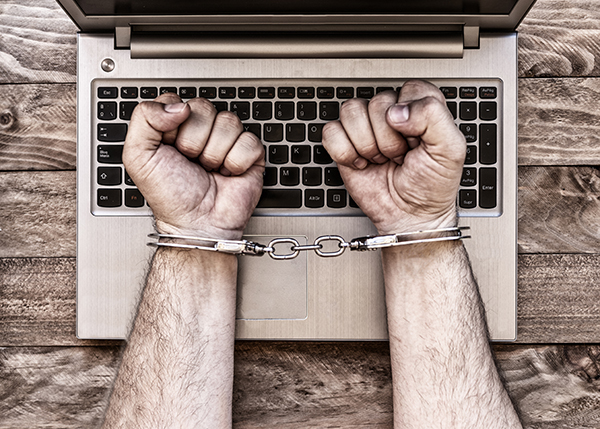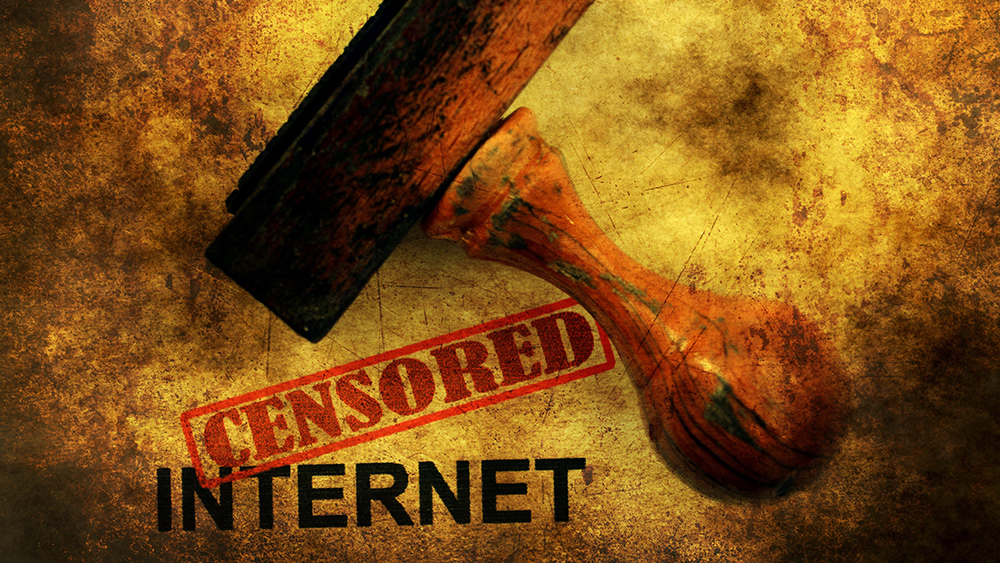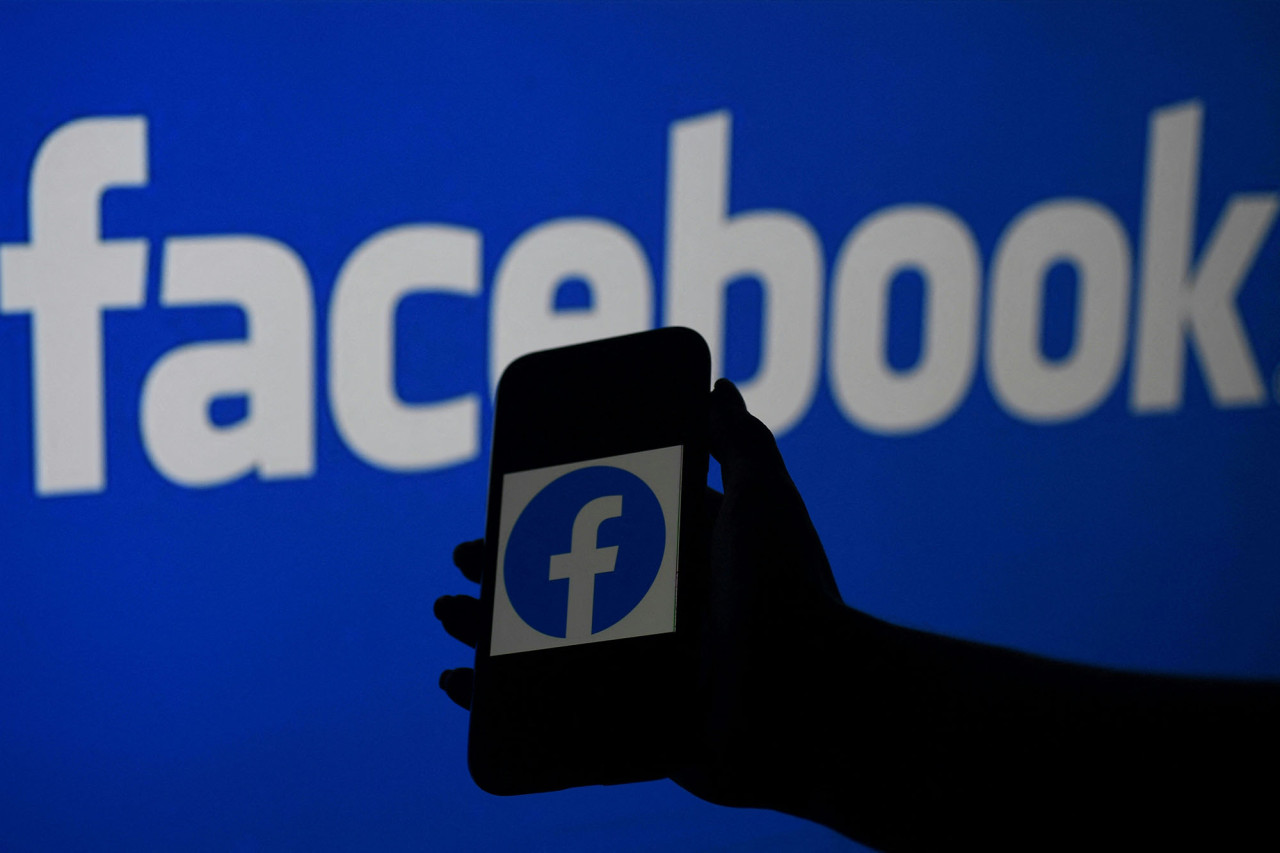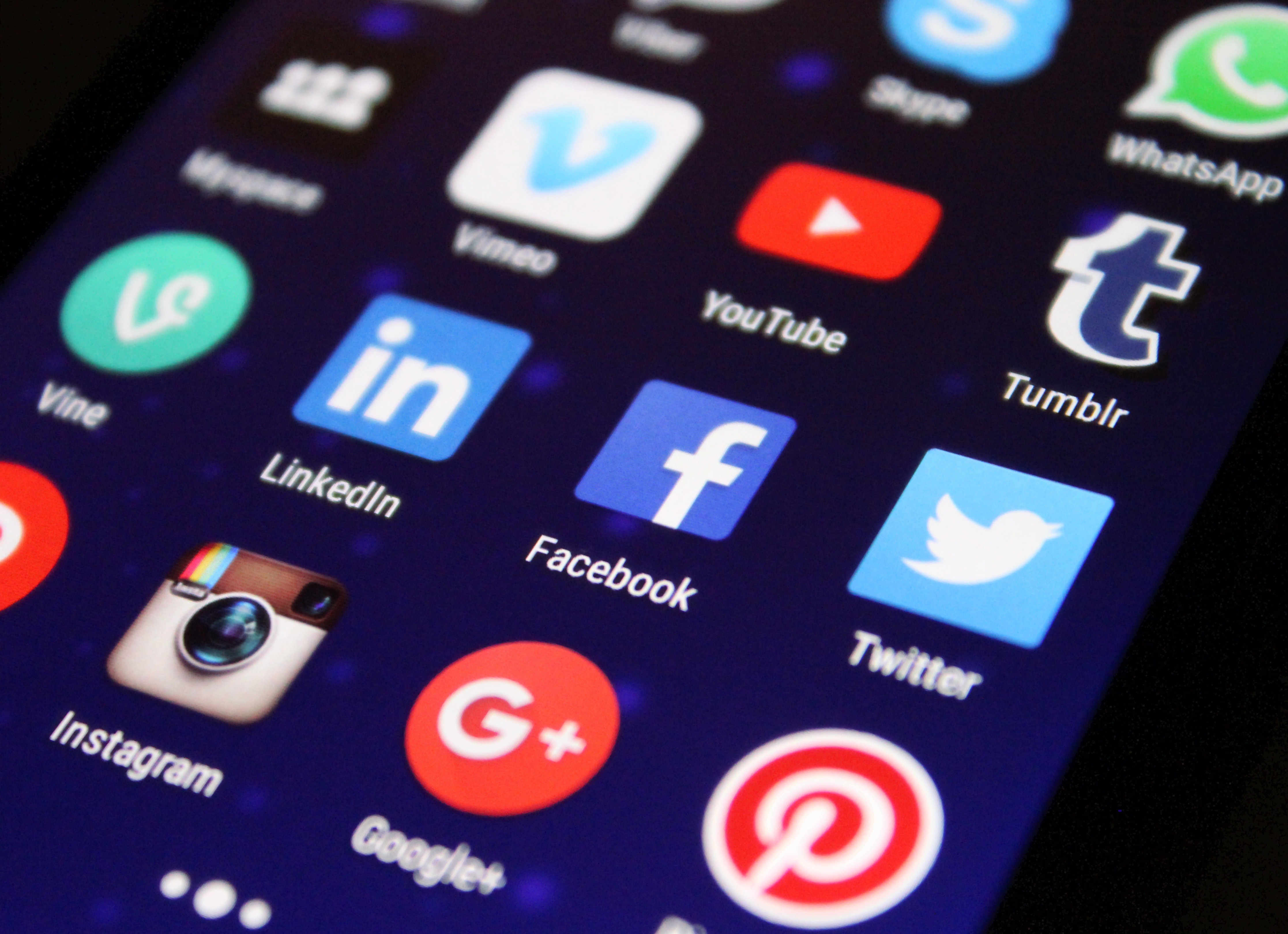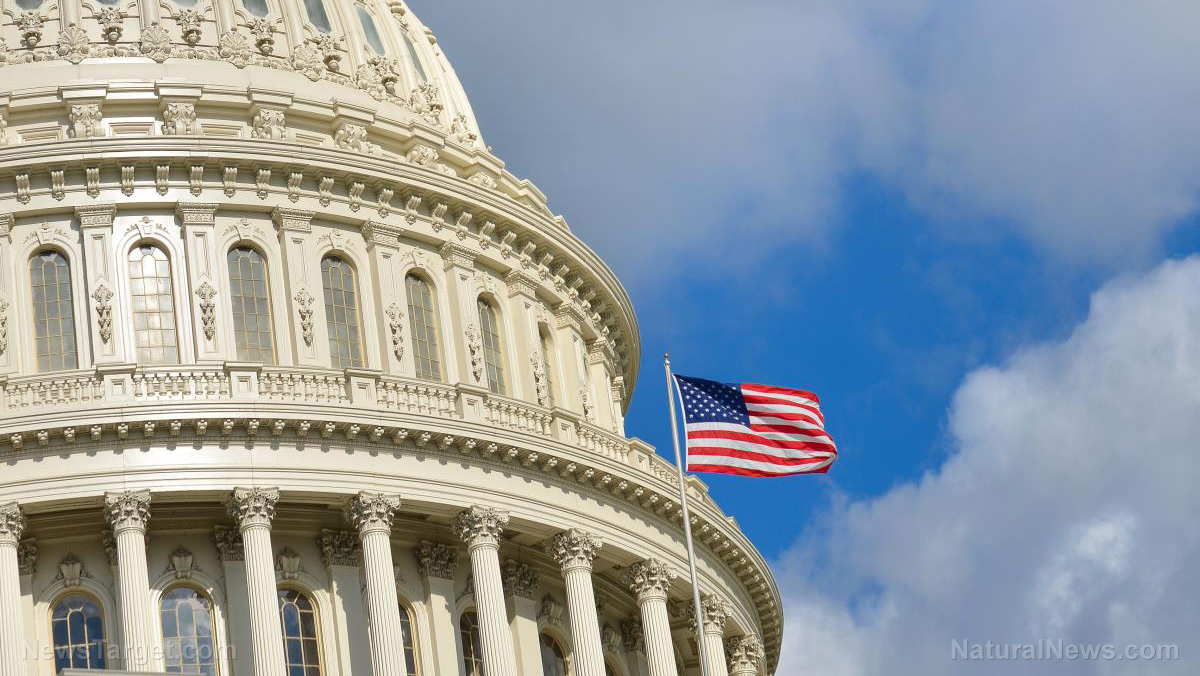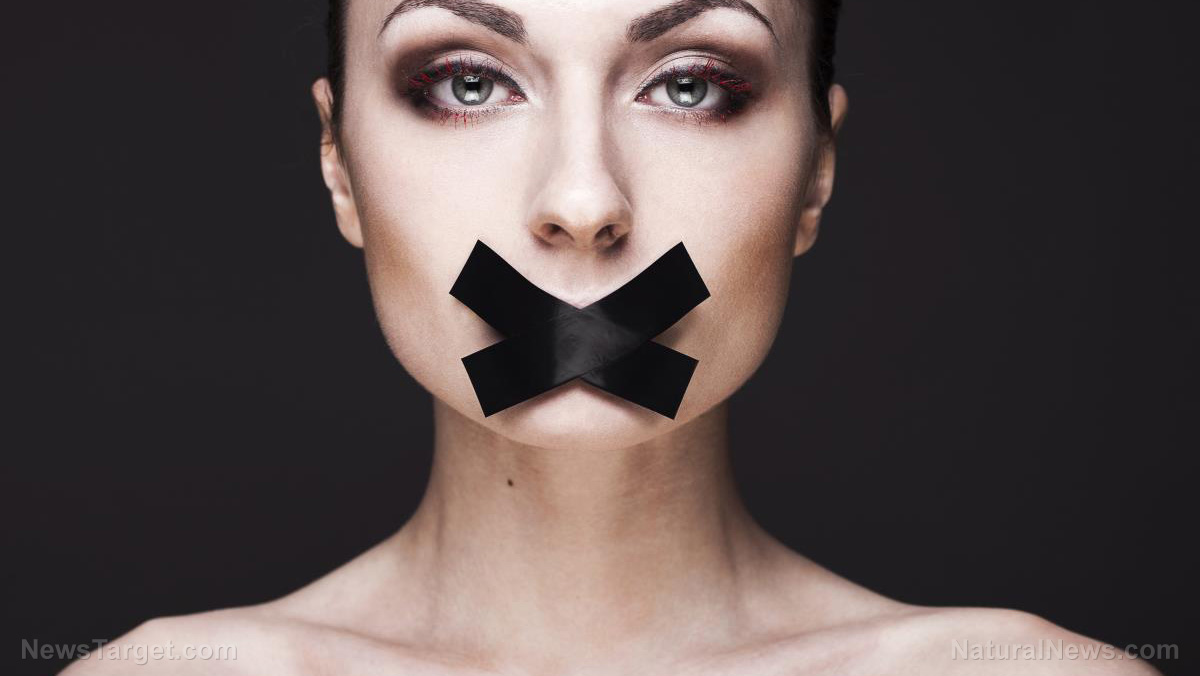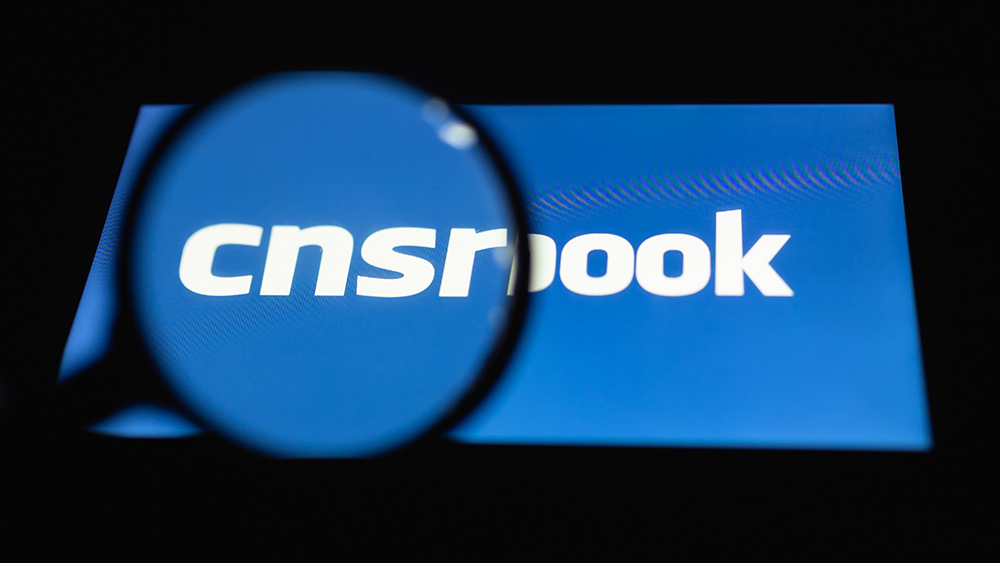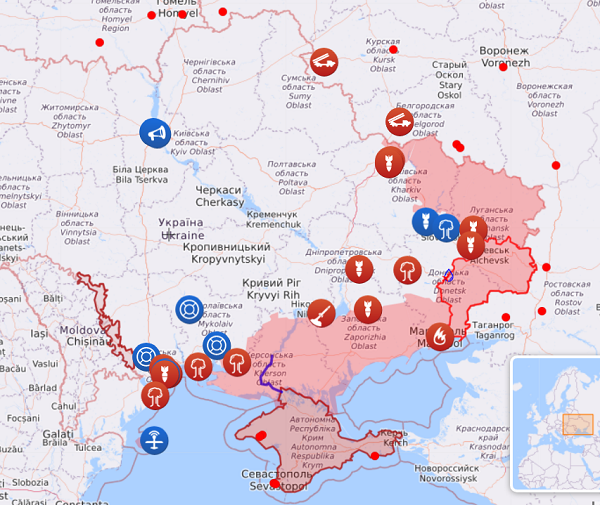Poland plans to fine Big Tech firms every time they censor legal free speech
06/06/2022 / By Ramon Tomey

Poland has announced its plans to fine Big Tech companies whenever they censor legal free speech. Under the new law put in place by Polish authorities, a freedom of speech council will be established to make sure legal speech cannot be simply taken down. Social media firms who remove protected content face hefty fines amounting to almost $13 million.
The National Law Review reported on Feb. 12 that the Polish Ministry of Justice published on its website a new draft act on freedom of speech on social media platforms. The bill was originally announced in December 2020, but only gained momentum in January following former U.S. President Donald Trump being blocked on Facebook and Twitter. The Polish government considered the ban on Trump amid the Jan. 6 Capitol riots as censorship.
The draft bill aims to protect both the freedom of speech guaranteed in the constitution and the individual personal interests that anonymous internet users may violate. It envisions the establishment of the Freedom of Speech Council, which will decide on matters related to freedom of expression on social media.
If a website blocks an account or deletes a certain entry even though its content does not violate or infringe upon Polish law, the affected user can complain to the service provider. The provider must confirm it has received the complaint and act on it within 48 hours. The affected user can then lodge an appeal to the Freedom of Speech Council if their complaint is dismissed. If the council decides in favor of the user, the service provider must restore the blocked content or account within 24 hours. Failure to comply with the council’s orders may lead to a fine of PLN50,000,000 (US$12,880,250). (Related: Poland announces measures to fine social media companies that censor free speech.)
The draft also introduces the “John Doe lawsuit” permitting legal action against anonymous internet users. Any affected user who wishes to sue need only provide their login details, the link where the defamatory statements were posted, the time and date of publication and the name of the website where they posted. The new procedure makes it easier for claimants to pursue their rights in civil courts. Previously, the process was very difficult as affected users must provide the alleged infringer’s name and address – a very difficult effort.
Poland’s actions aim to clamp down on Big Tech censorship
Polish Minister of Justice Zbigniew Ziobro remarked that arbitrary censorship by Big Tech companies infringes on people’s freedoms because most political discourse and debate takes place online. “Often, the victims of … censorship are also representatives of various groups operating in Poland. [Their] content is removed or blocked … because they express views … that are unacceptable from the point of view of communities with an ever-stronger influence on the functioning of social media,” he said.
The minister continued: “We realized that it is not an easy topic. On the internet, there should also be a sphere of guarantees for everybody who feels slandered, a sphere of limitation of various content which may carry with it a negative impact on the sphere of other people’s freedom.”
However, Ziobro noted the need for tools that will “enable both one side and the other to call for the decision of a body … to adjudicate whether content appearing on … a social media account really violates personal rights, whether it can be eliminated, or whether there is censorship.” (Related: Emily Ratajkowski says Facebook banning Trump gives Zuckerberg too much power.)
Back in 2018, Facebook signed a memorandum of understanding (MOU) with the Polish Ministry of Digital Affairs. According to the terms of the MOU, Facebook users in Poland will be able to challenge the tech giant’s decision to refuse to restore content previously blocked or deleted. The MOU established a so-called “point of contact” – a government liaison who will compile appeals from users whose posts, accounts or profiles were removed. The liaison’s report aims to prompt Facebook to perform additional reviews on the banned content, with the social media giant having the final say on censorship-related decisions.
Check out FirstAmendment.news to learn more about measures to curb Big Tech censorship by Poland and other countries.
Sources include:
Submit a correction >>
Tagged Under:
anonymous internet users, Big Tech, Censorship, Facebook, free speech, freedom, freedom of expression, Freedom of Speech Council, John Doe lawsuit, Liberty, memorandum of understanding, Ministry of Digital Affairs, Ministry of Justice, Poland, Social media, speech police, tech giants, Zbigniew Ziobro
This article may contain statements that reflect the opinion of the author
RECENT NEWS & ARTICLES
COPYRIGHT © 2017 CENSORSHIP NEWS



